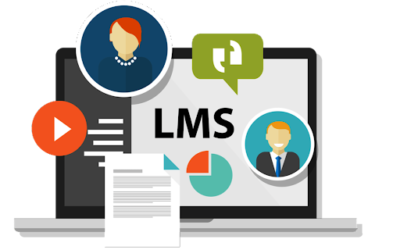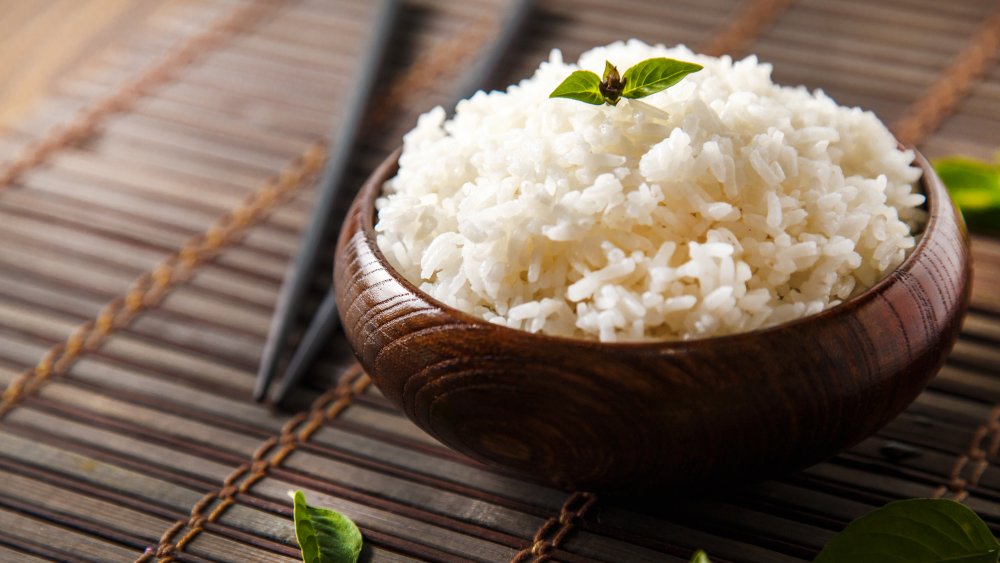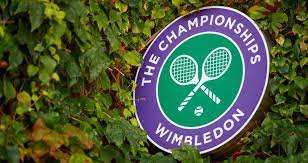Major Types Of Heart Surgery And Risk Involved With It
Heart disease is a common affliction that affects millions of individuals across the globe. In India, an estimated 6 crore individuals are diagnosed with some form of a cardiac condition or the other every year, as per a report. It also claims that around 9,000 Indians succumb due to heart ailments daily.
While it is possible to manage minor cardiac complications with medication, more severe issues require surgical interventions. Such procedures also come with bills that usually remain high. With a Bajaj Finserv health card, you can thus limit your financial liabilities arising out of such invasive procedures. The process of health card apply is simple and quick, which makes it easily accessible too. Nevertheless, each type of heart surgery involves a certain level of risk, as well.
With that in mind, here is a look at some of the most common heart surgeries that doctors recommend, along with any risks associated with them.
1. Coronary artery bypass grafting or CABG
One of the most common forms of cardiac surgery, CABG involves grafting a healthy vein or artery from elsewhere in a patient’s body to bypass blood flow from the blocked coronary artery. In most cases, surgeons graft several new arteries to bypass blockages during one such procedure.
Plus, although extremely effective, bypass surgeries can be immensely expensive too. Health card users can limit immediate liabilities arising out of such treatment by utilising the pre-sanctioned limit on their cards available right after the health card application, and approval is complete.
2. Pacemaker integration for cardiac arrhythmia
Cardiac arrhythmia refers to an irregular beating of the heart, wherein medication is the initial form of remedy that doctors prescribe. Nevertheless, if the irregular rhythm fails to subside, you may need to undergo surgery for pacemaker placement. It is a device that uses electrical impulses to control heartbeats.
The device itself, along with the cost of surgery, can be too cost-intensive to bear. A Bajaj Finserv Digital Health EMI Network Card can thus help ease such burdens by allowing you to convert these medical bills into EMIs.
3. Valve repair or replacement surgery
In the case of heart valve damage or malfunction, corrective surgery can help restore its composure. In some cases, replacements are also performed to ensure natural valve functioning. However, in most instances, a catheter is inserted to the desired location to serve as a new valve.
4. Heart transplant
One of the most complicated and costly cardiac surgeries involve replacing a damaged heart with a healthy heart from a deceased donor. Apart from the considerable expense of this procedure, one would also need to wait for a matching donor.
Risks associated with cardiac surgery
Considerable risks are involved when it comes to any surgical procedure concerning the heart. In some cases, doctors may rely on external machinery to simulate its function during operation. Any such major surgery leaves one open to the following risks –
- Infection
- Bleeding
- Stroke
- Damage to surrounding organs or tissues
- Side effects from anaesthesia
In some cases, these procedures can also result in morbidity, especially when the patient is already severely ill or weak.
Another common risk that individuals often fail to consider is the financial risk of heart surgeries. Almost all of them are costly undertakings that may dry out your savings. Thankfully, with an easy health card application process with instant approval, you do not need to worry about this financial aspect of such surgeries.
How do health card users benefit?
A Health EMI Network Card comes with many beneficial features, especially for those amid medical emergencies. Here is a look at some of the advantages of availing such a card –
- An extensive network of medical facilities
The Bajaj health EMI card hospital list extends across over 5,500 facilities in more than 1,000 Indian cities. Cardholders can thus visit any one of the facilities on this list for hassle-free cashless treatment. Due to its pan-India coverage, you can be anywhere in the country and still find a network hospital nearby for easy financing of 800 plus treatments or consultations.
- Minimal joining fee
Potential users can avail such a card by paying a nominal joining fee. This one-time payment is easy to afford, ensuring that it does become too much of a hassle for you to bear during medical emergencies. While insta cards can be availed against an initial payment of Rs.707, non-insta Health EMI Network Cards require you to pay Rs.589 as a joining fee.
- Instant access to financing benefits
During your time of need, you cannot afford to sit around and wait for a funding option to arrive at your doorstep. Thankfully, the activation of this financing option after you complete the online health card apply process is almost instantaneous provided you meet all requirements. Thus, one can even apply for the health card during a medical emergency and start using the same in just a matter of minutes.
These features and more, like utility for all family members, make such cards almost indispensable, especially when it comes to surgical treatment of heart conditions. You can thus select a convenient facility from the Bajaj health EMI card hospital list to receive healthcare consultation and treatment.



































